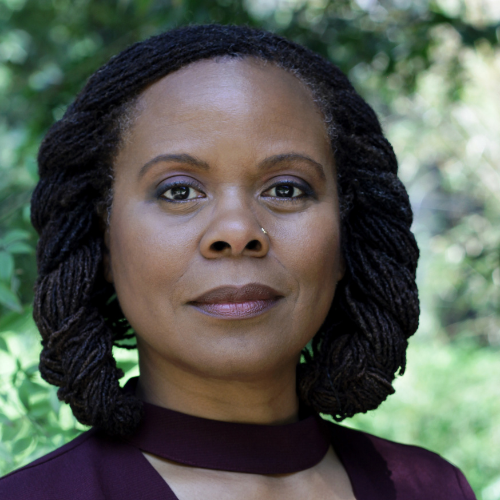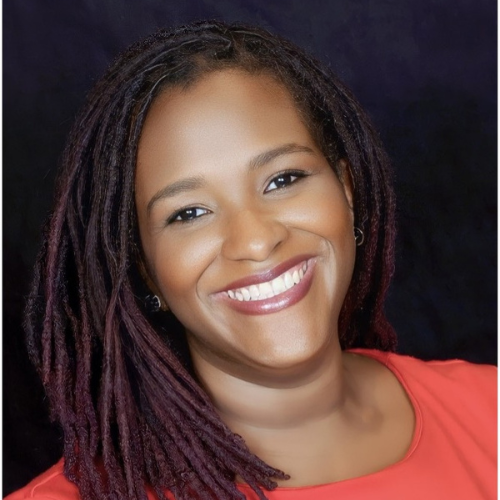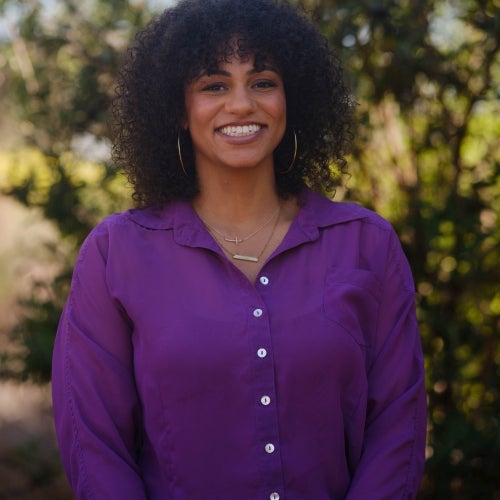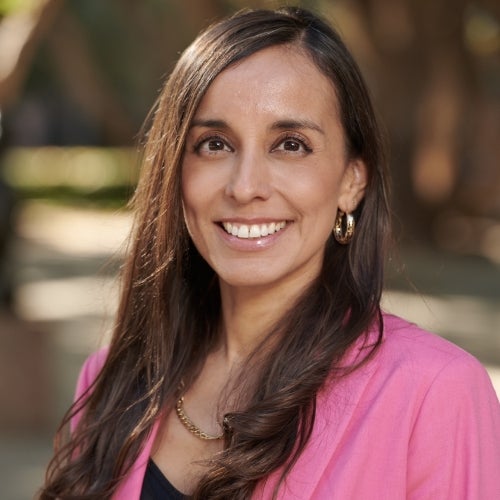How public health practitioners can address racism: New book edited by Fielding School professor
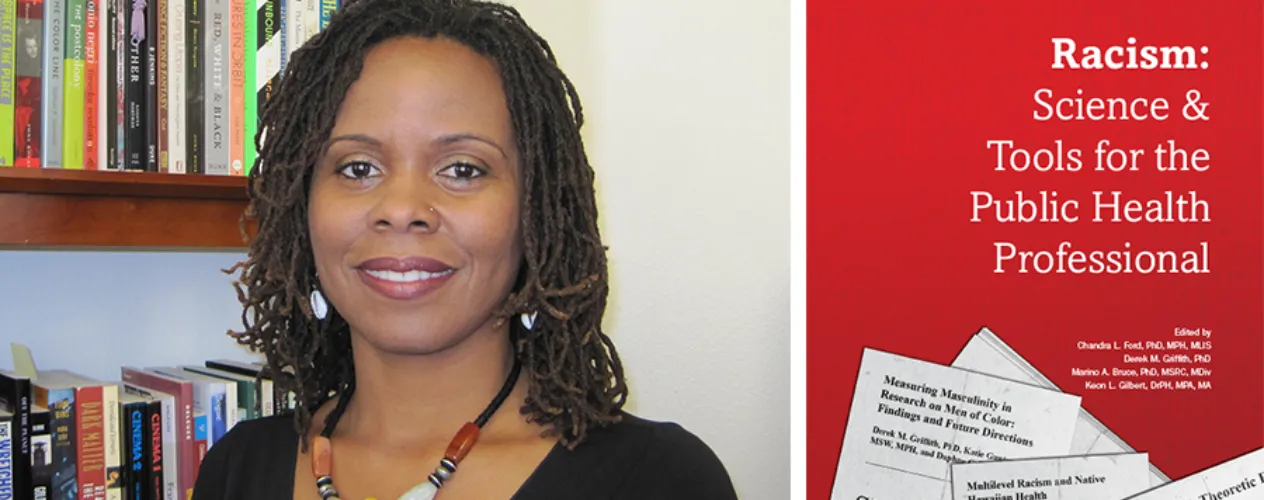
Researchers have long documented health disparities among people of different racial and ethnic groups. What is less known is how being a target of racism affects a person’s health. This can involve experiencing chronic stress stemming from being treated differently, being exposed to environmental hazards disproportionately located in racial or ethnic minority communities, or being denied access to quality medical care, housing, employment or other resources.
In a new book edited by a professor from the UCLA Fielding School of Public Health, academicians and community organizers explain how experiencing racism may affect a person’s health, and how people who work in public health can identify and address racism.
“Race isn’t fundamentally a biological attribute. People don’t experience high rates of poor health because of how they look, but because of the unfair treatment they receive based on how they look,” says Chandra Ford, associate professor of community health sciences and the founding director of the Center for the Study of Racism, Social Justice & Health at the UCLA Fielding School of Public Health. “This book sees racism as a threat to public health. Achieving health equity requires interventions that target the health implications of racism.”
In “Racism: Science & Tools for the Public Health Professional,” authors give specific examples of how public health workers can confront racism, including:
- Name racism explicitly: It is not possible to study or address racism, unless we target it directly and treat it as we would treat any other threat to public health.
- Learn how to recognize your biases: Identify and correct automatic, unconscious ways you may treat the people you serve differently based on their identified race, ethnicity or other characteristics.
- Build community capacity: When designing studies or interventions, incorporate feedback from members of the communities that you are addressing. Ask how members of those communities are affected by racism.
- Collect better data: Gather information from the most vulnerable members of the community about their lived experiences, such as characteristics of the neighborhoods where they live, interactions with law enforcement or access to health care services. Just as providers screen for exposure to domestic violence, screen for exposure to racial violence.
- Prioritize equity: Go beyond assessing health impacts to assess health equity impacts. While increasing the amount of green space in a neighborhood may be good for health, for example, it may exacerbate health disparities if it causes gentrification that displaces the neighborhood’s original residents.
According to Ford, even people who work outside the public health profession can apply these tips. “People who work in other fields may read this book and learn how racial biases may unintentionally influence their interactions with the people with whom they work,” Ford says.
Other editors of the book include Derek M. Griffith, professor of medicine, health and society and director of the Center for Research on Men’s Health at Vanderbilt University; Marino A. Bruce, research associate professor of medicine, health and society and associate director of Center for Research on Men’s Health at Vanderbilt University; and Keon L. Gilbert, associate professor of behavioral science and health education at Saint Louis University.
Gilbert C. Gee, professor of community health sciences at the UCLA Fielding School of Public Health, contributed to the book, as did several Fielding School students and alums, including:
- Héctor E. Alcalá, PhD ’15, MPH 11
- Adrian M. Bacong, doctoral student
- Natalie Bradford, doctoral student
- Anna Hing, doctoral student
- Rebekah Israel Cross, doctoral student
- Brittany N. Morey, PhD ’17, MPH ‘11
- Goleen Samari, PhD ’15, MPH ’10
- Mienah Z. Sharif, PhD ’16, MPH ’09
Other UCLA faculty contributors include Keith C. Norris, professor of medicine; Cindy C. Sangalang, assistant professor of social welfare; Kia Skrine Jeffers, assistant professor of nursing and Daniel Solórzano, professor of education. Attallah Dillard, a doctoral student in the UCLA School of Nursing, also contributed to the book.
by: Stephanie Cajigal

